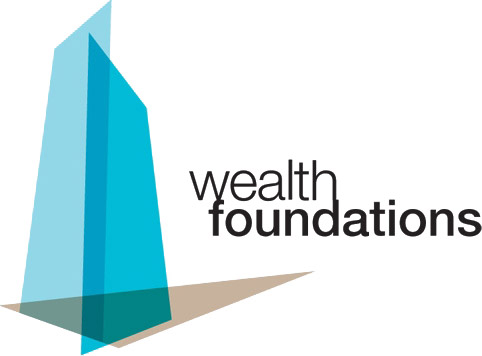'A change in direction...'
David is 55 and Chief Financial Officer of a Top 200 listed company. He has worked in medium to large corporations for the past 20 years, after leaving a Big 4 accountancy firm in his mid-30’s. Five years ago he was hoping that he would now be under consideration for the chief executive position. But for a number of reasons, this opportunity appears to have passed him by and he probably would now not accept the position, even if offered.
David has become a little weary of the corporate “cut and thrust”, the long hours and the never ending demands of external and internal stakeholders. With the current chief executive expected to be in the role for at least the next four years, he sees it unlikely that he will want to prove himself to a potential new chief executive with a likely preference to appoint a previous trusted colleague to David’s role.


He proposes to use the next three to four years to figure out his career and other lifestyle options, to set himself up financially and ease himself out of his current role, ideally with grace and a reasonable payout.
His wife, Anne, is 53 and on the committee of her golf club and active in a number of community organisations. She enjoys her life and has no aspirations to return to the paid work force. She also does not like the idea of David having too much time on his hands and cramping her style – she is keen for them to be able to do more things together but is concerned that he winds down from his current busy corporate life in a measured way.
Their daughter, Gemma, is 24. She has completed university and is employed full time. While she currently lives rent free at home, it is likely she will move into a shared house with friends within the next 12 months. Their son Andrew is 21 and currently completing his final year at an interstate university and is unlikely to return home to live. David and Anne are meeting all Andrew’s university costs.
David and Anne have a very nice home that they own outright, that more than meets their requirements – in fact, given the expectations for their children, they are likely to be “empty nesters” soon. Despite a very good quality lifestyle, David’s remuneration is such that cash inflows comfortably exceed cash outflows.
Between them, the Blacks hold over $2 million in superannuation. David also owns $2 million worth of shares directly in his company and, at current prices, his unvested company shares and options are worth another $1 million after-tax. They also have $400,000 or so in bank accounts and other miscellaneous investments.
Issues that David and Anne wish to explore include:
This is an exciting but potentially daunting time for David and Anne, as they are about to enter an entirely new phase of their lives. The question is, do they stumble into it or do they plan for it?
The decisions to be made are significant. Made poorly, in five years time they may find themselves making significant downward lifestyle adjustments because they are not in a position to recover from unanticipated adverse financial outcomes. Made well, they will protect themselves from risks that are avoidable and approach what research has shown can be the happiest years with well founded confidence.


